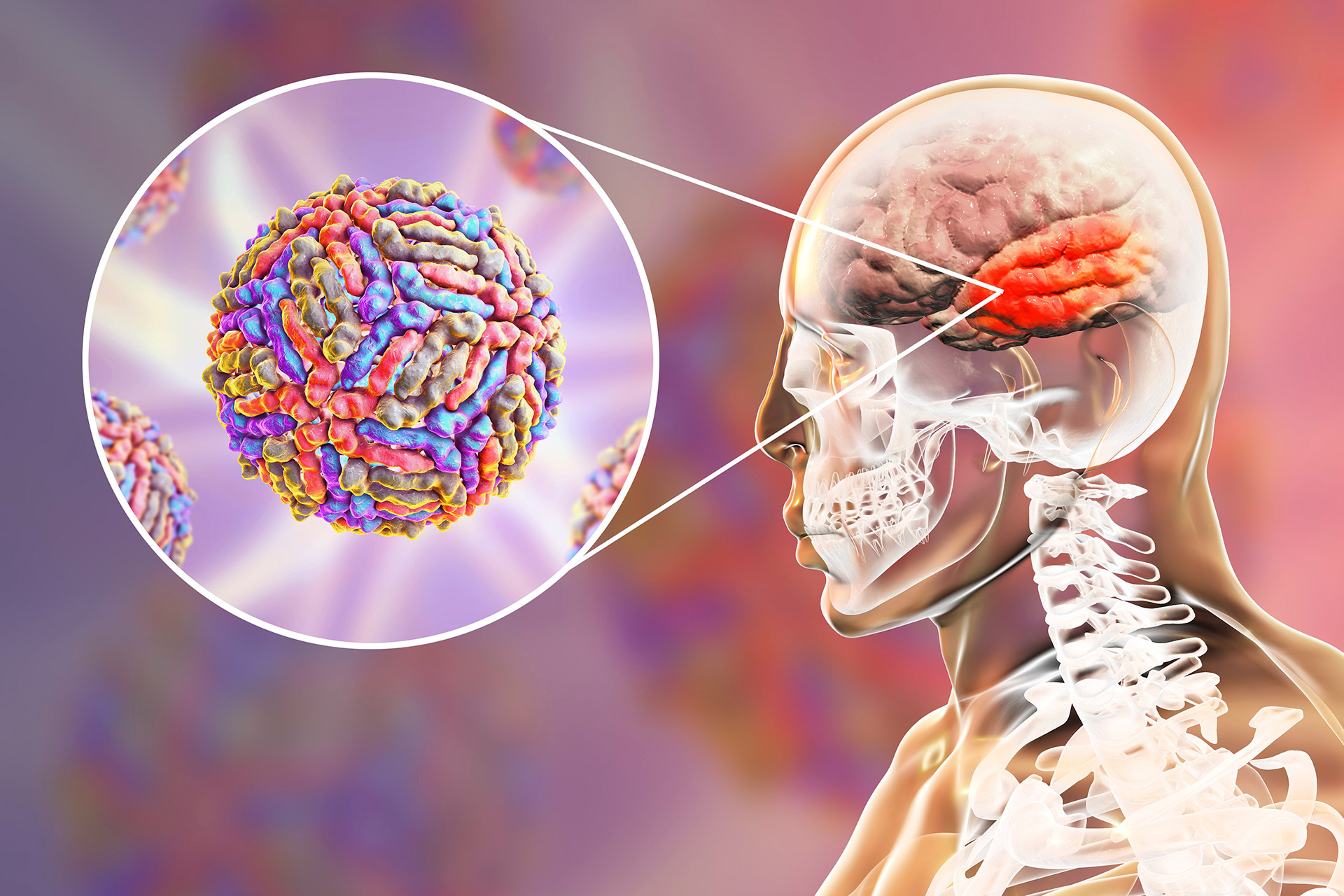
According to numerous studies, rheumatoid arthritis is a kind of inflammatory joint ailment and an autoimmune disorder that can be triggered by stress. Stress causes rheumatoid arthritis by triggering the immune system’s inflammatory response, which results in the release of cytokines. Cytokines are inflammatory molecules that can exacerbate the rheumatology symptoms in some people. The more stress you have, the more inflammation you have, which causes your rheumatoid arthritis to flare up.
Although there is no cure for rheumatology arthritis, therapy can temporarily alleviate symptoms. The term “remission” refers to the absence of symptoms throughout this time. A flare-up occurs after a remission when symptoms recurrence occurs.
Rheumatoid Arthritis And Mental Health
Rheumatoid arthritis causes stress and has a negative impact on mental health, particularly when symptoms last for a long time. A vicious cycle is created by constant joint discomfort and insufficient sleep. Each symptom aggravates the others, adding to the patient’s already high level of anxiety. When a patient is weary from stress, they do not want to exercise. Pain is triggered by a lack of exercise, making it difficult to sleep.
The patient becomes concerned about their future impairment, becoming pregnant, or dealing with the treatment’s financial load. All of this adds to stress levels. Rheumatoid arthritis causes depression in about one out of every five individuals. Depression aggravates RA, resulting in more painful joints, less functioning, and more trips to the doctor’s office.
How Can A Patient Manage Their Rheumatology Symptoms?
Rheumatoid arthritis can be caused by stress, and rheumatoid arthritis can also be stressful. Treatments that don’t work or have negative side effects may have an impact on the patient’s mental health. The patient’s daily tasks may be made more difficult by joint pain and edema. All of the symptoms of rheumatoid arthritis can cause stress in the patient, which can exacerbate joint inflammation.
A patient’s RA can be managed in a variety of ways. Analgesics are extremely beneficial in the treatment of joint pain. Take these exactly as directed by your doctor. Drink plenty of water throughout the day. Warm packs help to relieve stiffness, while ice packs help to soothe a swollen joint.
A massage can help to reduce pain as well as tension and anxiety. Rheumatoid arthritis can be lessened with regular exercise and a good diet. Exercise has a number of immediate benefits for people with arthritis, including strengthening joint-supporting muscles and aiding weight loss.



